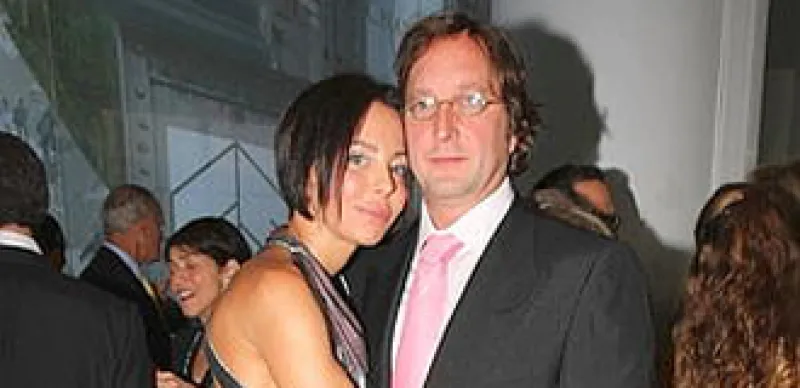
Lisamaria Falcone, Philip Falcone== Friends of the High Line Host 8th Annual Summer Benefit== IAC Building, NYC== June 25, 2008== ©Patrick McMullan== Photo - WILL RAGOZZINO/PMc== ==

Lisamaria Falcone, Philip Falcone== Friends of the High Line Host 8th Annual Summer Benefit== IAC Building, NYC== June 25, 2008== ©Patrick McMullan== Photo - WILL RAGOZZINO/PMc== ==